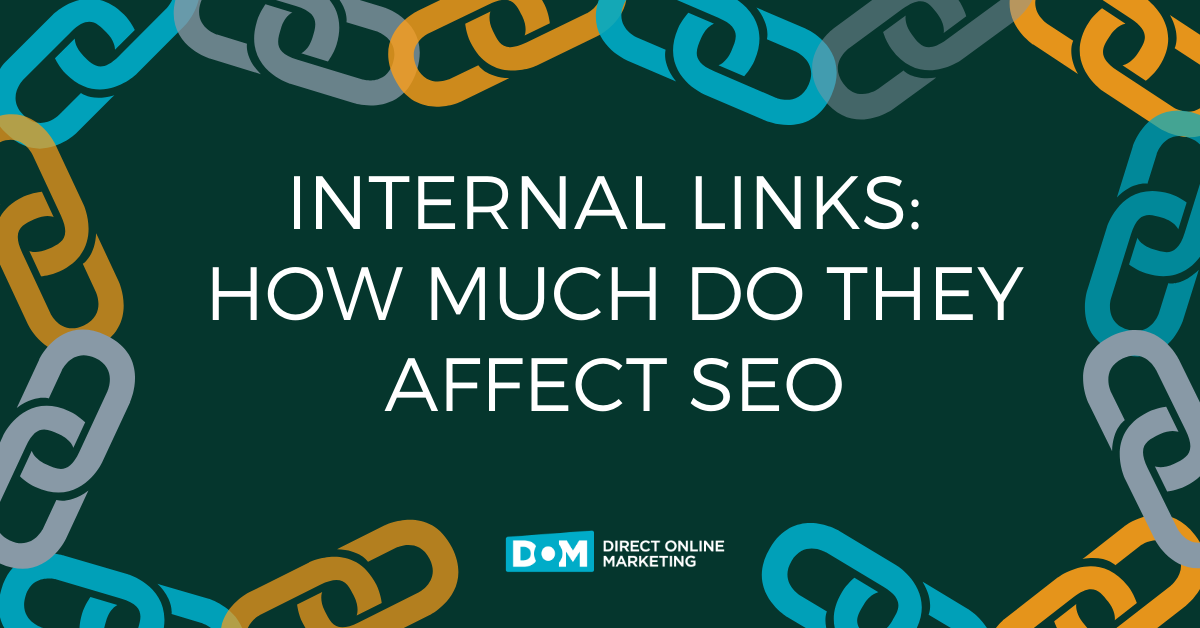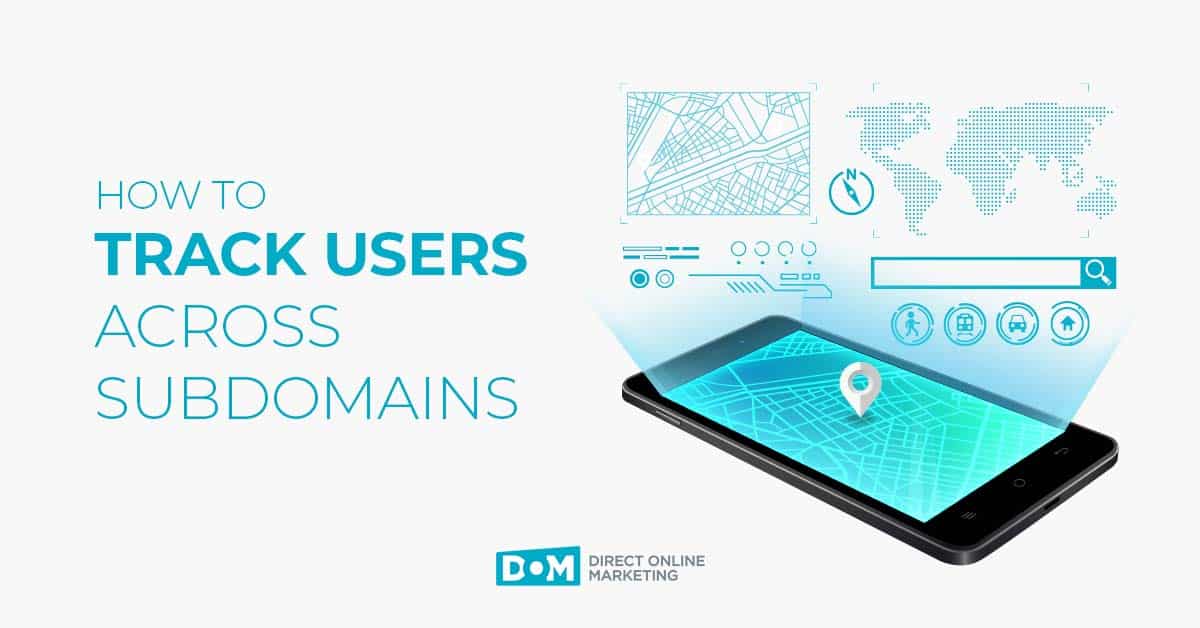Obviously there are a few things that rankle when it comes to visiting a Website. In particular, the old blood pressure bubbles a couple of degrees higher when, on clicking on a link relating to a given third party service or product, it takes you to the category or tag on that site relating to that product or service. I’m not talking about companies who link to products or services on their business Websites, but places that are talking or reviewing third party services.
Somewhere like Engadget or your average online news outfit.
The problem is they’ll link any mention of an iPhone to their category or tag page about iPhones. As much as I’m interested in Engadget’s particular take on the particular service, I still want to be taken to the Web page of the service they happen to be talking about.
Certain Web properties do this in part because they’re petrified of losing link juice by linking away from their own site. Think of links to your site as trickles or gushes of water entering your pond, river, lake, or ocean of a Website. The better related to your site’s topic or authoritative the link tributary is the more juice will flow.
Now, when you yourself link out from your Web site it’s a bit like opening another tributary that will invariably lose you some juice.
Sites like Engadget open up these tributaries only for you to come to a dead end. Sites that link out to the actual site provide a fully connected tributary from one to the other.
Imagine you’re the captain of a boat and you’re sailing through these waterways wanting to reach a final destination. You think that by going down the various tributaries and rivers that have been signposted you will be led to your destination, when all you’re doing is sailing around the same chop of water.
And that is the end of today’s ‘Bobby Jindal Talks Linking’ section.
Is Bobby Jindal is one of the people in your (linking) neighborhood?
I’ve never been a hoarder. For example, when I had a shop, or worked behind a bar, if somebody came in and asked for directions to anywhere – even a competitor – I’d point them in that direction. I didn’t point them in the direction of a side room that explained the place they were looking for in more detail.
Last week I came upon a rather intriguing post discussing the merits of linking out from your Website. They give four reasons as to why people think they shouldn’t:
• Harm their reputation
• Damage their search engine rankings
• Cost them PageRank
• Create exit portals where users will drop off
Then gave five reasons why they think you should:
#5 – Linking Out Sends Trackable Traffic
#4 – It Makes Your Site a More Valuable, Scalable Resource
#3 – Search Engines Likely Reward the Behavior Algorithmically
#2 – Linking Out Incentivizes Links In
#1 – Linking Out Encourages Positive Participation & Contribution
It’s a most enlightening read and requires your divided attention. Now I’d like to give a bit of empirical evidence supporting #3 if I may.
Go and do a search for ‘Prices of Potatoes’ on Google and see what comes up #4.
Yes, it’s a Tinbasher post. To be precise it’s a Tinbasher post consisting of 89 words talking about how another post ranks #7 for the same term. It doesn’t talk about potatoes in any meaningful way and it’s woefully short. It only manages to mention the keyword in the title and once in the post. The page doesn’t have any links and it was written over four years ago (when the blog was barely five months old). However, it does link out to a rather authoritative source of potato pricing information.
Now I recall on writing the post that if it were to rank again I’d be extremely annoyed to click on said post and it offer no information about the price of potatoes. Hence I slipped what I thought at the time the best link pertaining to potato pricing information I could find.
Now I’m hardly going to claim that potato prices are as competitive as gold or steel prices, but it’s still there.
And it’s also vilified by the only comment on the post thanking me for having put the link in there as they were looking for potato prices. (Although to this day it still strikes me as a bit of a spoof comment).
But, as I felt it was important not to lead people a merry dance via an empty referral click, I have a funny feeling Google takes this approach as well.
And that’s it, do unto searchers as you would have done unto you were you the searcher.
Be a user. Understand what they might be looking for and provide it. After all, is that not all search engines are trying to do?
It requires some chutzpah to think you can provide all the answers or are deserving of delivering them.


